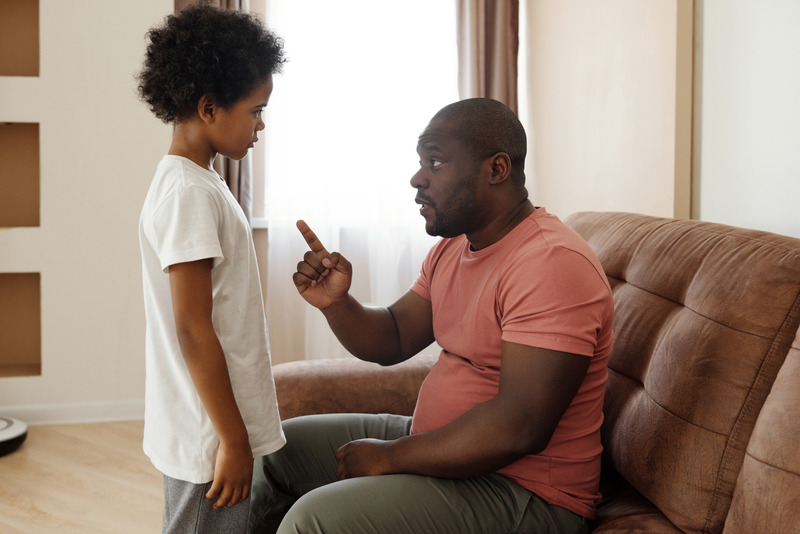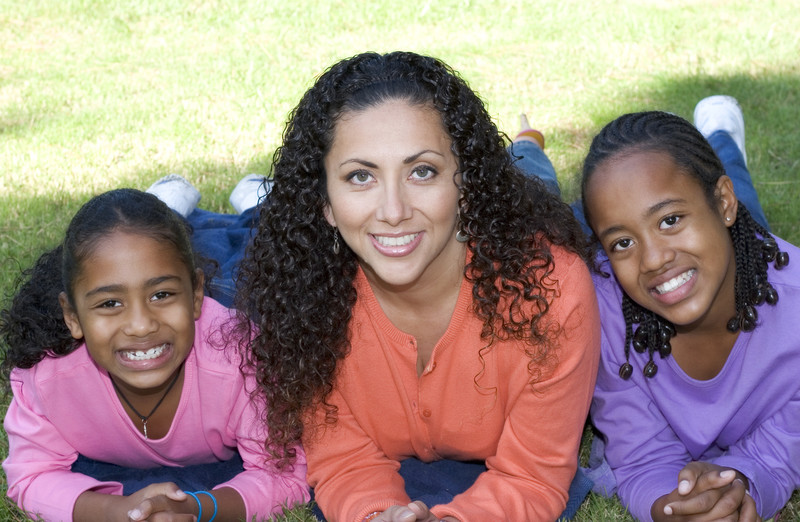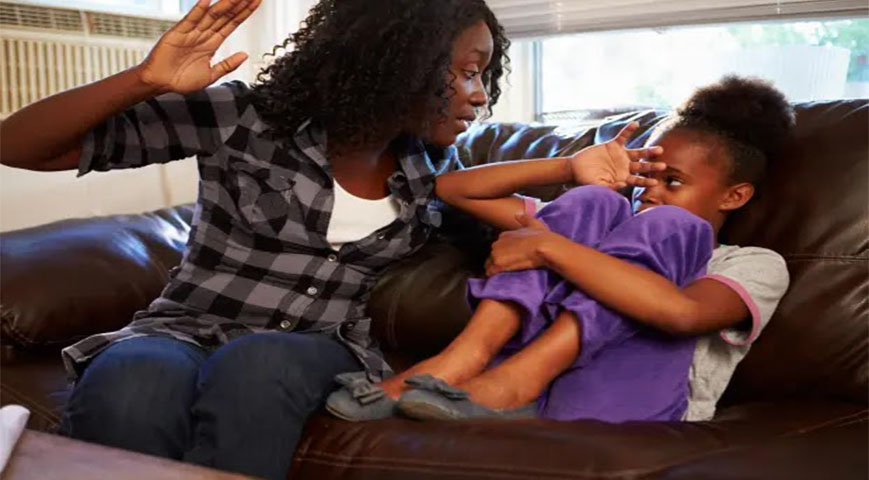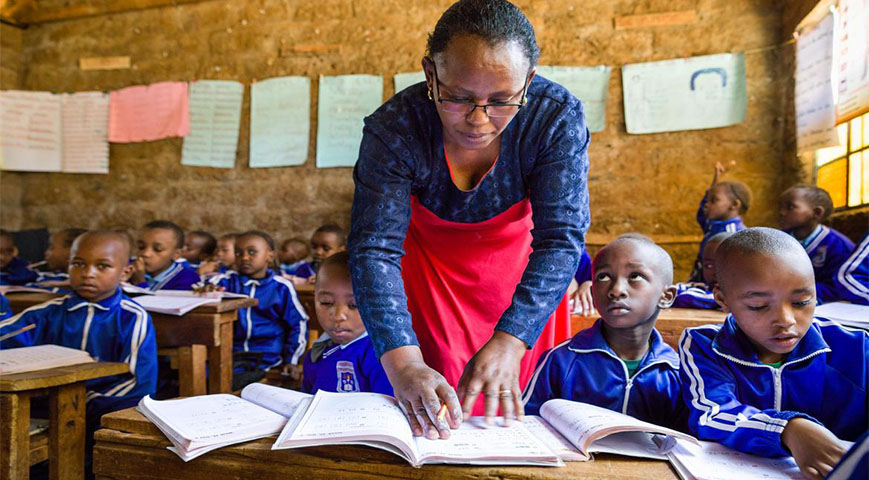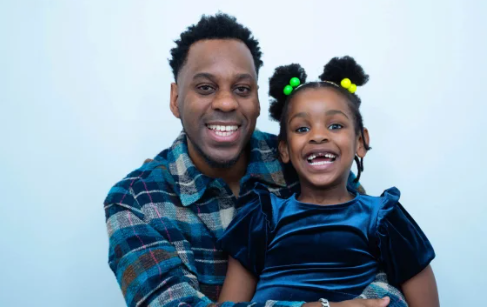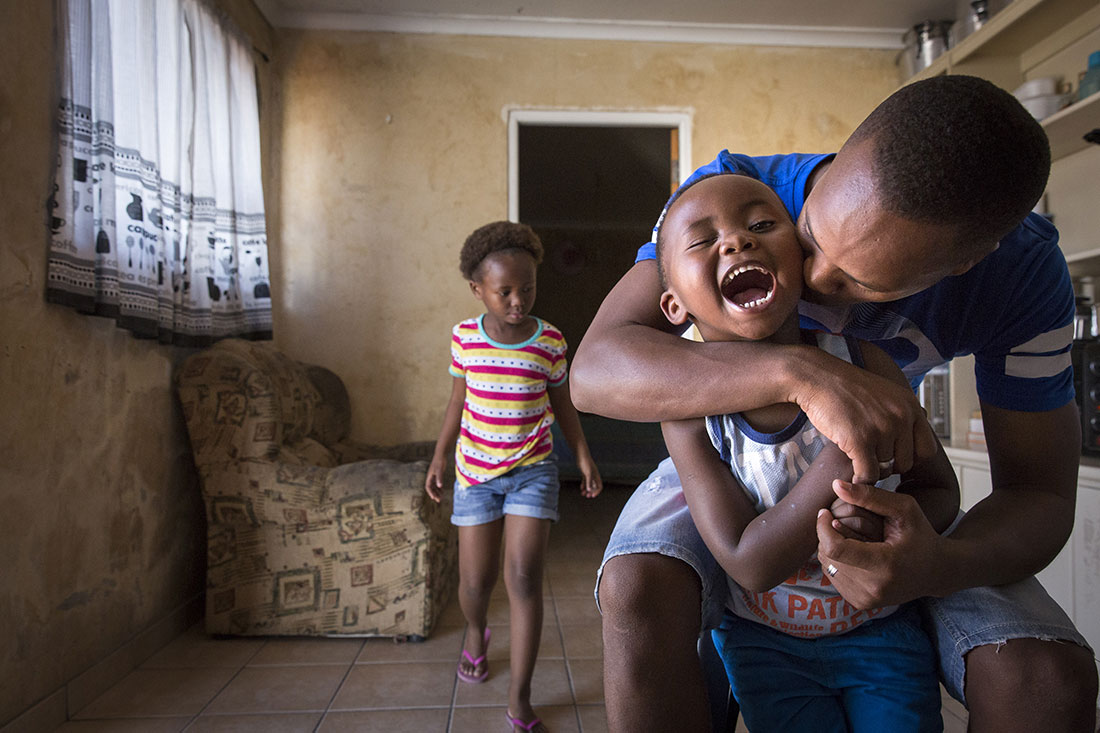Frustration is just one of the emotions that children encounter. Guardians and parents must teach their children how to control their frustration healthily. Rage management is an essential skill for children to learn, and parents can help them cultivate it through various activities. Here are six tasks for children to help them manage their anger.
1 Exercises in deep respiration
Deep breathing exercises are one of the most efficient ways to deal with anger. It aids in the relaxation and regulation of children's feelings. Teach your kid to breathe deeply through their nose and gently exhale through their mouth. A visual aid, like a balloon or bubble, can make the practice more enjoyable.
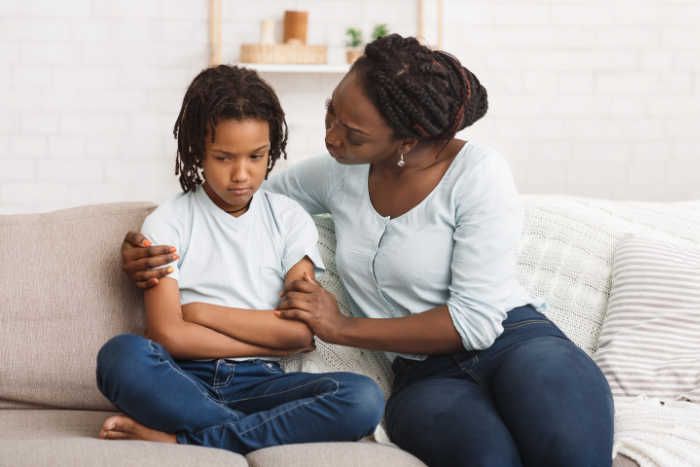
2 Physical exercises
Did you read this?
Physical exercise can also assist children in coping with their anger. It gives them an outlet for what they're experiencing and aids in the release of accumulated tension. Encourage your kid to participate in sports such as sprinting, jumping, and kicking a ball. You could also enrol them in a kickboxing programme to teach them how to manage their emotions.
3 Imaginative exercise
Drawing, colouring, and painting are all creative activities that may assist children in healthily expressing themselves. Give your child art supplies and allow them to make something that reflects their emotions. You can also urge them to keep a journal of their feelings.
4 Mindfulness exercises
Mindfulness exercises can teach children to be present and calm. Simple mindfulness methods, such as paying attention to your breathing or being conscious of your surroundings, can be taught to your kid. You can also help your kid relax by using guided meditations or visualisations.

5 positive reinforcement
Positive reinforcement can assist children in developing self-esteem and learning to regulate their feelings. Teach your kid to say affirmations like "I am calm and have control" or "I am capable of handling this situation." Encourage your kid to use these phrases whenever he is upset or angry.

